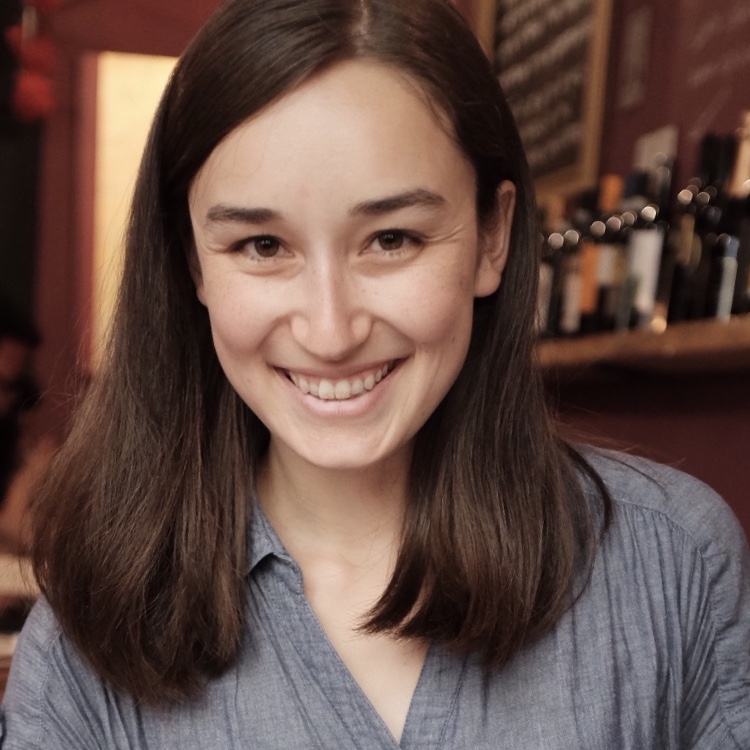
2018-19 Taylor/Blakeslee Fellows bring varied backgrounds to science writing
Five women with backgrounds ranging from astronomy, mathematics and biology to investigative journalism and film have been awarded prestigious Taylor/Blakeslee University Fellowships from the Council for the Advancement of Science Writing supporting graduate study in science writing.
The Fellows will each receive a $5,000 award for the 2018-19 academic year, bringing to 161 the number of science writers aided by CASW’s graduate fellowships since 1981.
Chosen from a field of 28 outstanding applicants were:
Erika Carlson (@erikakcarlson) (pictured above). Carlson, who will finish her master’s degree in astronomy at the University of Wisconsin–Madison in May, earned her bachelor’s degree in physics at Pomona College in 2015. “I want to write compelling, multifaceted feature stories that capture the human aspects of science, that touch my readers and stay with them in some way,” she told the fellowship judges. Interested in writing science news as well as magazine features, Carlson will enter the science communication graduate program at the University of California at Santa Cruz in the fall.
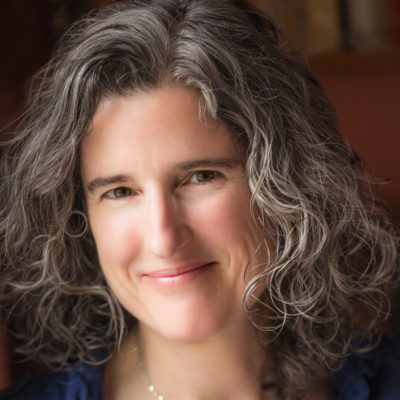
Susan D’Agostino (@susan_dagostino). D’Agostino was a mathematics professor at Southern New Hampshire University and has served on the New Hampshire Governor’s STEM Education Task Force. She was motivated to pursue science writing after learning about and managing a medical condition she experienced and is particularly interested in the interplay between medicine and society. “As part of my coursework, I am eager to engage with doctors, biomedical researchers, and medical journalists at the Johns Hopkins Hospital in Baltimore for a medical writing residency called Medicine in Action,” she said. D’Agostino has a doctorate in mathematics from Dartmouth College, an MFA in nonfiction from Southern New Hampshire University, a master’s in teaching mathematics from Smith College and a bachelor’s in anthropology from Bard College. She begins her medical writing residency this summer and the science writing graduate program at Johns Hopkins University in the fall.
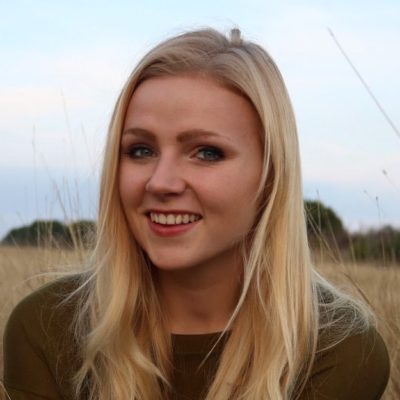
Eva Frederick (@evacharlesanna) graduated from the University of Texas at Austin in 2017 with bachelor’s degrees in biology and journalism. As a student she worked in a lab studying the bacteria living in the guts of honeybees and wrote for The Daily Texan, UT’s student newspaper. She also served as The Texan’s science and technology editor and managing editor. Frederick is currently teaching children about native plants at the Lady Bird Johnson Wildflower Center in Austin. “Through a career as a science journalist I want to encourage scientific literacy in people of all walks of life,” she said. “I want to promote the ability to understand and contextualize science principles and concepts, because this is invaluable to a healthy, informed society.” She plans to enroll in the graduate program in science writing at MIT.
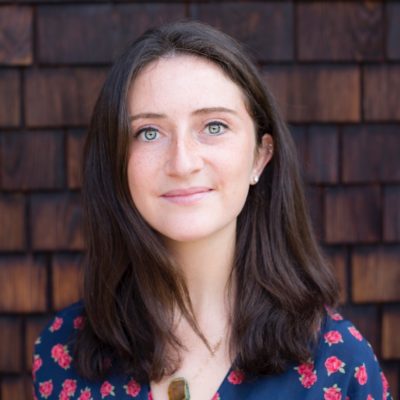
Susie Neilson (@susieneilson). After graduating from Northwestern in 2015, Neilson published stories in Nautilus, Newsweek, and The New Yorker on topics ranging from the psychological impact of wearing a prison uniform to the drug-like benefits of noise. “I aim to be a journalist who uses science to produce impactful, institution-challenging stories,” she said. “In particular I want to document the impact that unbridled growth and consumerism has on the environment and public health.” Currently pursuing a master’s in journalism at UC Berkeley, she will spend the summer completing an internship with the science investigation team at the Center for Investigative Reporting.
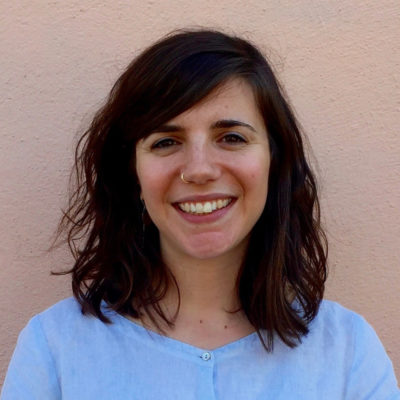
Emily Pontecorvo (@emilypont). Pontecorvo is a writer and multimedia producer based in New York City. She graduated from Wesleyan University in 2011 with a degree in film and worked in the film industry for five years before deciding to pivot to journalism. As a science writer, she hopes to advance public literacy around environmental issues and climate change. “I believe that narrative is the best tool we have to teach and to learn, to challenge the most firmly held beliefs and inspire change,” she told the judges. She is currently a podcast producer at Gizmodo and begins the graduate program in science writing at MIT this fall.
CASW’s graduate fellowships are underwritten by a grant from The Brinson Foundation, a Chicago-based philanthropic organization. They honor the late Rennie Taylor and Alton Blakeslee, science writer and science editor respectively for the Associated Press. More information may be found on this page.